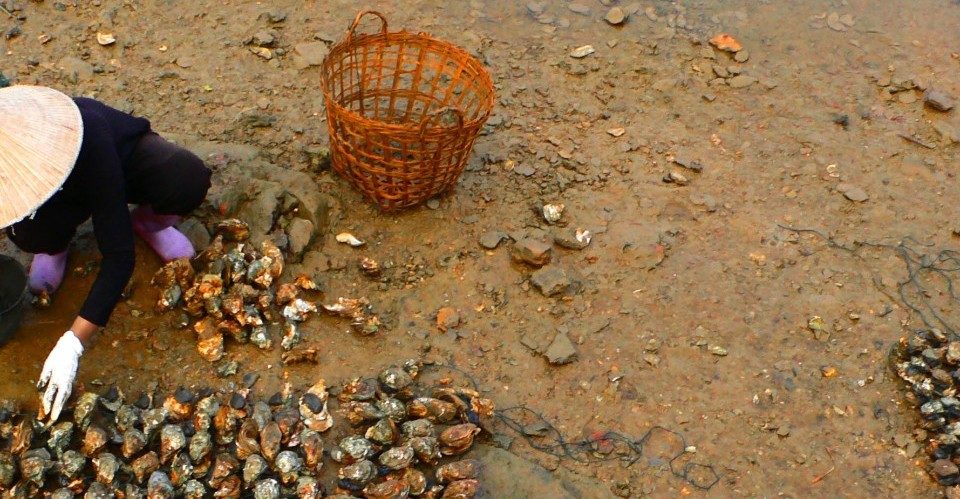Wetlands serve the needs of many different stakeholder groups. They provide vital services to production systems, including flood and drought regulation, water quality enhancement and storm protection. And they deliver valuable products such as fisheries and timber.
Often however, coastal wetlands have been converted or degraded as a result of pollutant run-off, water diversions, and over-exploitation. For example, large scale shrimp production has led to the conversion of protective mangrove buffers, which has caused erosion, land subsidence and saline intrusion and loss of land for agriculture and aquaculture. In drought prone regions such as the Sahel, dams hundreds of kilometres upstream result in the loss of valuable coastal wetlands.
Our strategy is to connect coastal and delta wetlands again to the wider landscape and demonstrate their value for the economy and society. For example in South East Asia we restore mangrove coasts, while supporting sustainable aquaculture practice in the hinterland. The shrimp farms benefit from the mangroves as they avoid coastal erosion, salt intrusion and flooding, and at the same time we prevent new conversion of the mangrove belt for shrimp farming. Likewise we support the establishment of new regimes for rice production as an alternative to slash-and-burn practice in mangrove areas.

